Before Dead Space came along, survival horror was in a bad place during the seventh console generation. The genre was facing a downturn, with 2008 also giving us the much anticipated yet disappointing Silent Hill: Homecoming alongside the equally disheartening Alone in the Dark reboot. Then, one year later in 2009, we’d see the release of Resident Evil 5, which took a slight downturn in quality for the series and was somewhat of a letdown after the all time classic that was Resident Evil 4.
Smaller franchises struggled too during the 2000s, with the final official Clock Tower game coming in 2002. Meanwhile, 2004’s Doom 3 was a valiant attempt to transition from a run and gun FPS to a slower, story driven horror title, but failed to move the franchise forward and ended up seeing the series put on ice for 12 years. The much loved Fatal Frame series also suffered, with the fourth entry to the series, 2008’s Fatal Frame: Mask of the Lunar Eclipse, only being released in Japan.
With all these franchises stuttering and failing, Dead Space was a real diamond in the rough. So let’s take a look at the history of the Dead Space franchise, a series that succeeded where so many others failed.
Dead Space (2008)
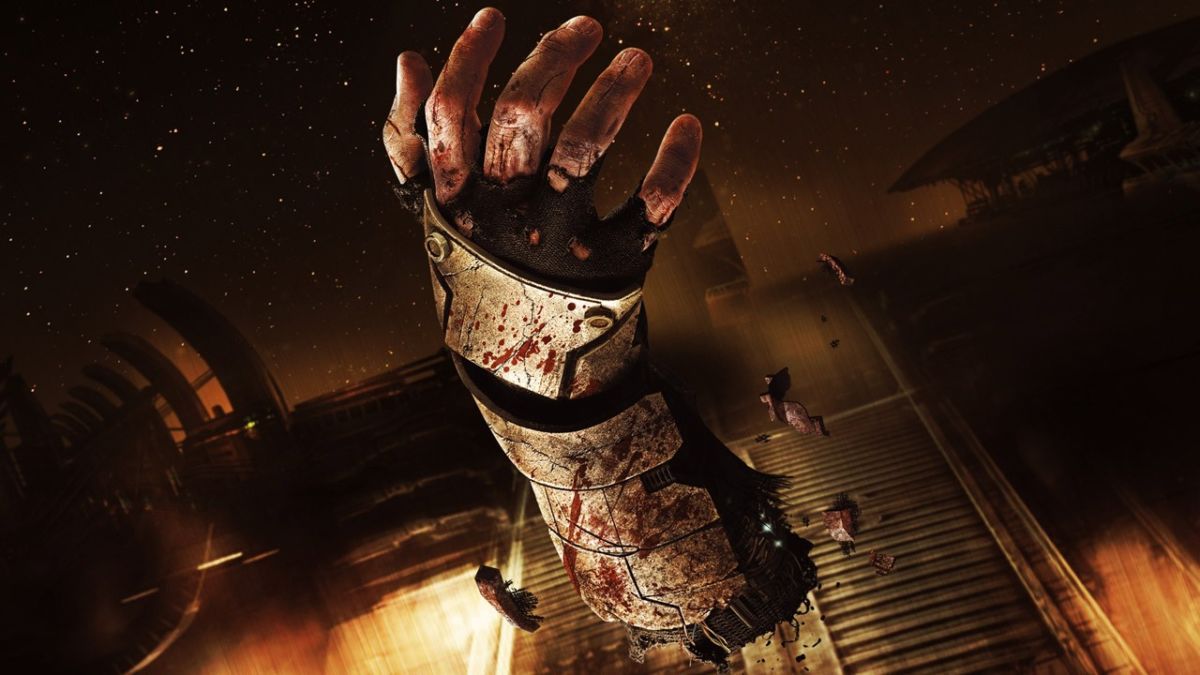
26 years after its release, gamers still look back on System Shock with a lot of love, so it’s easy to understand why Dead Space developers Viceral wanted to create a second sequel to the classic sci-fi horror/RPG. After Resident Evil 4 was released, the third-person style of gameplay inspired Visceral to create something in a similar vein. Not content with merely copying Capcom’s horror masterpiece, Visceral made Dead Space their own.
Dead Space’s protagonist Isaac Clarke can move freely in combat, unlike RE4’s Leon Kennedy who remains rooted to the spot. The combat itself, which skews away from the usual ‘bullet to the head’ idea of other survival horror games, also implements a limb severing system, allowing you to dismember the many horrors of the USG Ishimura, adding a tactical element to your confrontations with the Necromorphs.
The game also employs zero HUD, with Isaac’s health being indicated on the spine of his suit and weapon info being on the actual in-game weapon itself. Dead Space also featured a silent protagonist, which was very popular in the early part of the 21st century. Dead Space became an instant classic, and was a critical success, with the Xbox 360 (89) performing best, and the PS3 (88) and PC (86) versions also receiving high praise. It wasn’t a commercial success however, and as of the end of 2008, had sold less than half a million copies, though did break the one million sales barrier in 2009.
Dead Space: Extraction(2009)
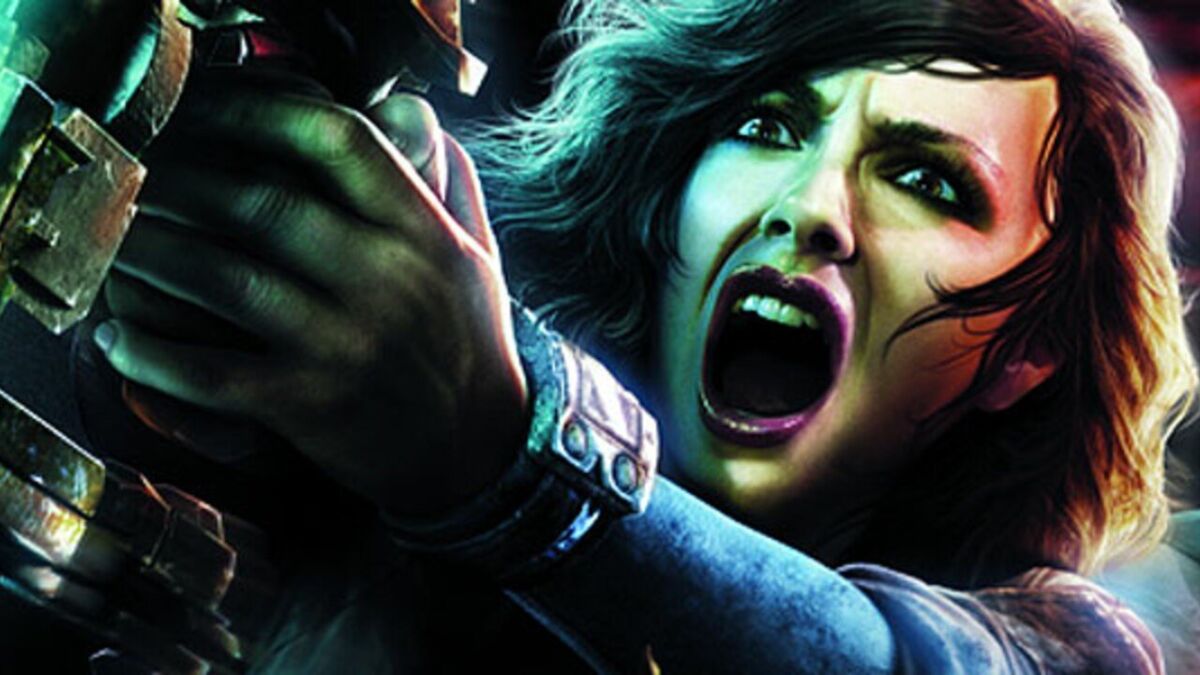
While we’ll talk about Dead Space spin offs later in the article, Dead Space: Extraction deserved an entry of its own.
With the Nintendo Wii doing crazy good business around the globe, it’d be foolish for EA not to get in on the motion controlled madness with the Dead Space franchise. While there’s no clear reason why a Wii adaptation of Dead Space didn’t happen (although presumably it might have been too much of a job to scale down the game to work on Nintendo’s hardware), we instead got this great on-rails shooter.
A perfect fit for the console, Extraction blended Dead Space’s limb dismembering and dark style with classic lightgun gaming. Extraction tasks up to two players with battling through ten chapters, and are able to choose routes through the ship, as well as tackling puzzles on the way. Dead Space: Extraction was later ported to PlayStation 3 and used PlayStation Move.
Dead Space: Extraction reviewed well, with an average Metacritic score of 82 for the Wii and 79 for PlayStation 3. Sadly, it did not sell well at all according to Visceral themselves, though accurate sales figures were never released.
Dead Space 2 (2011)
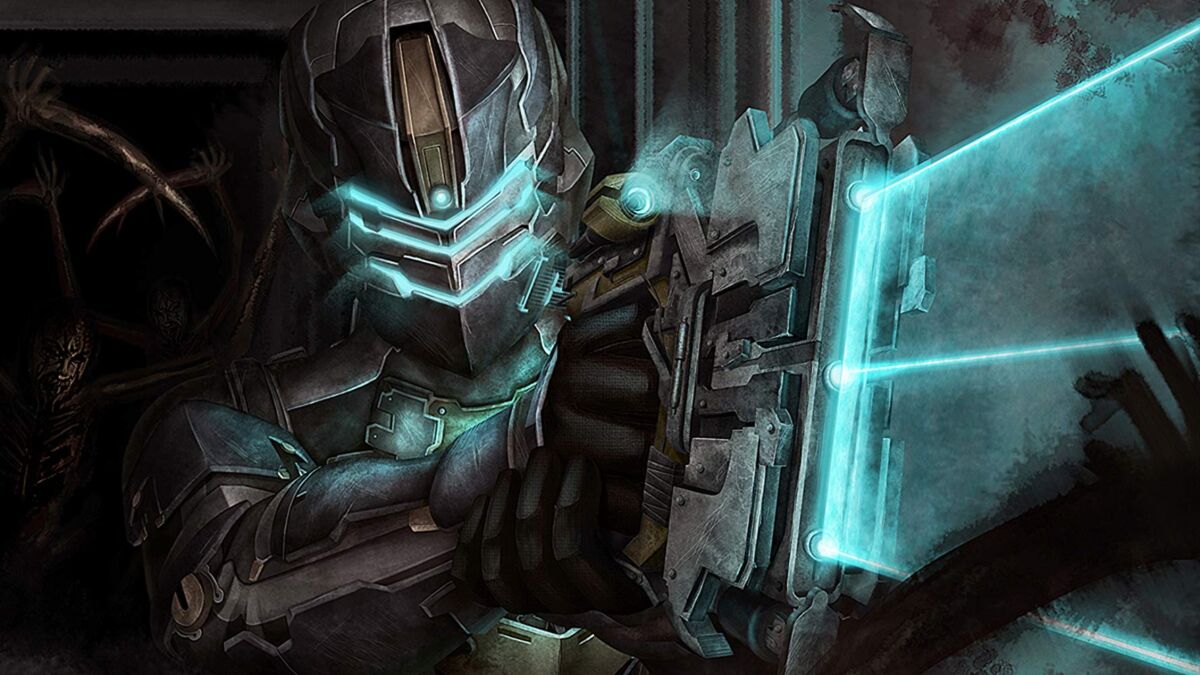
After the low sales of Dead Space and Extraction, you’d be forgiven for thinking that EA wouldn’t continue the franchise. Luckily for us, EA was going through one of their ‘lets try and prove we’re not a bad company’ phases and greenlit a sequel.
Dead Space 2 had one task: to deliver more of the same and we’d be all happy. But Visceral hit it out of the park with this sequel.
One thing that Dead Space 2 did differently was the mute lead character. In Dead Space, Isaac Clarke didn’t say a word, similarly to the likes of Half Life’s Gordon Freeman, with a technique that developers use to help players feel more immersed in game worlds. Dead Space 2 turns Isaac Clarke into a fully fleshed character, and while the mute character works in a certain fashion, the character of Isaac works much better than he did in the original.
Dead Space 2 improved on everything, and the game is probably the best in the series and boasts respectable Metacritic scores, with the PC at 87, Xbox 360 at 90, and PlayStation 3 at 89. It also featured a multiplayer mode, which was the style at the time, and consisted of two 4 man teams of security forces against necromorph players. Sales were much stronger, with Dead Space 2 shipping 4 million units, however, EA still classed the sales as a disappointment, likely due to the high budget.
Dead Space 3 (2013)
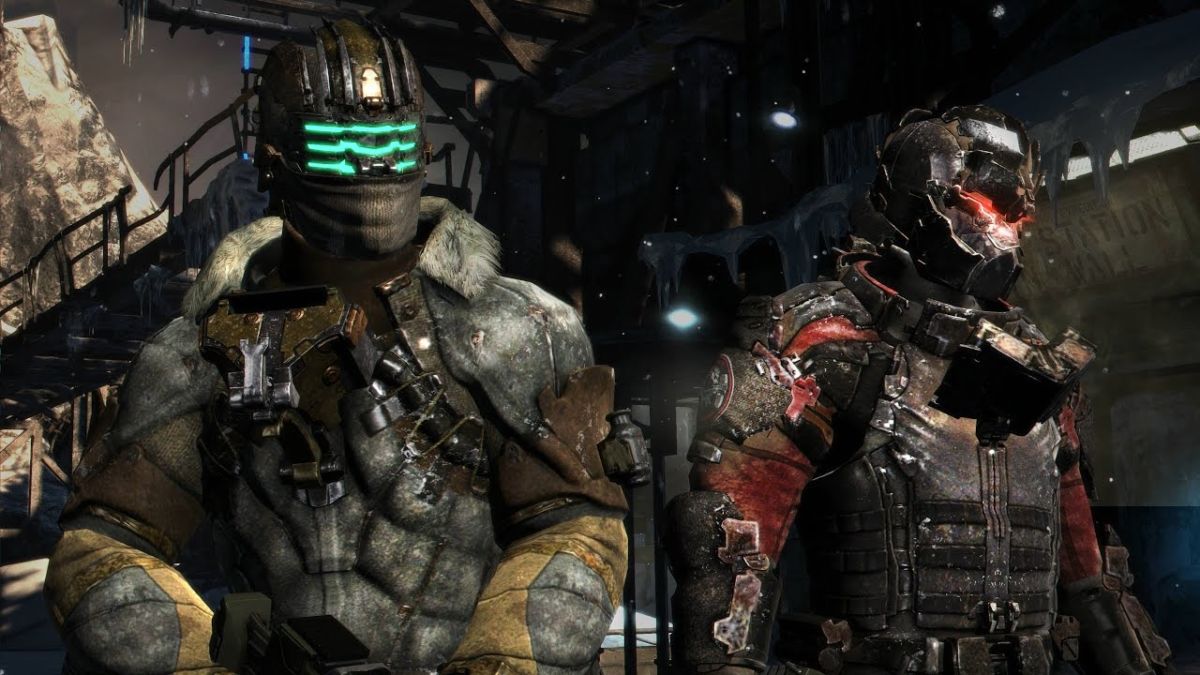
Well, we all knew this was coming. Dead Space had so far been a critical darling but not a commercial success. The series needed a change, and so Visceral went quite literally back to their original drawing board.
Dead Space 3’s key component would be co-op play, an idea that was first attempted in the original Dead Space. This was actually rather a cool feature, allowing two players to play the game simultaneously, and with each player having a slightly different experience due to the difference in mental states of the characters.
However, Dead Space 3 followed some of its survival horror peers and leaned towards action-based gameplay, with some sections of the game seeing lead character Isaac fighting armed humans instead of grim, Lovecraftian horrors. Sadly, Dead Space 3 moved too far away from its horror roots in an attempt to find a broader fanbase and increase sales for the series, which was confirmed to be the case in a 2013 interview with Dead Space writer Anthony Johnson.
Dead Space 3 certainly left a sour taste in the mouths of fans, especially thanks to its microtransactions, however it didn’t do as bad critically as many might think. Its scores ranged from 76 to 78 for its different platforms on Metacritic, and while that’s certainly the lowest of the series to date, it’s still rather respectable. Sadly, Dead Space 3’s change in direction didn’t result in a surge of sales, managing to shift just over 600,000 copies within its launch window, falling well short of the 5 million copies EA was aiming for.
Videogamer.com announced from an anonymous source that Dead Space 4 had been cancelled, and EA’s Peter Moore denied the accusation and fired back, accusing videogamer.com of “shoddy website journalism”, shortly before EA cancelled Dead Space 4.
Dead Space Spin Offs
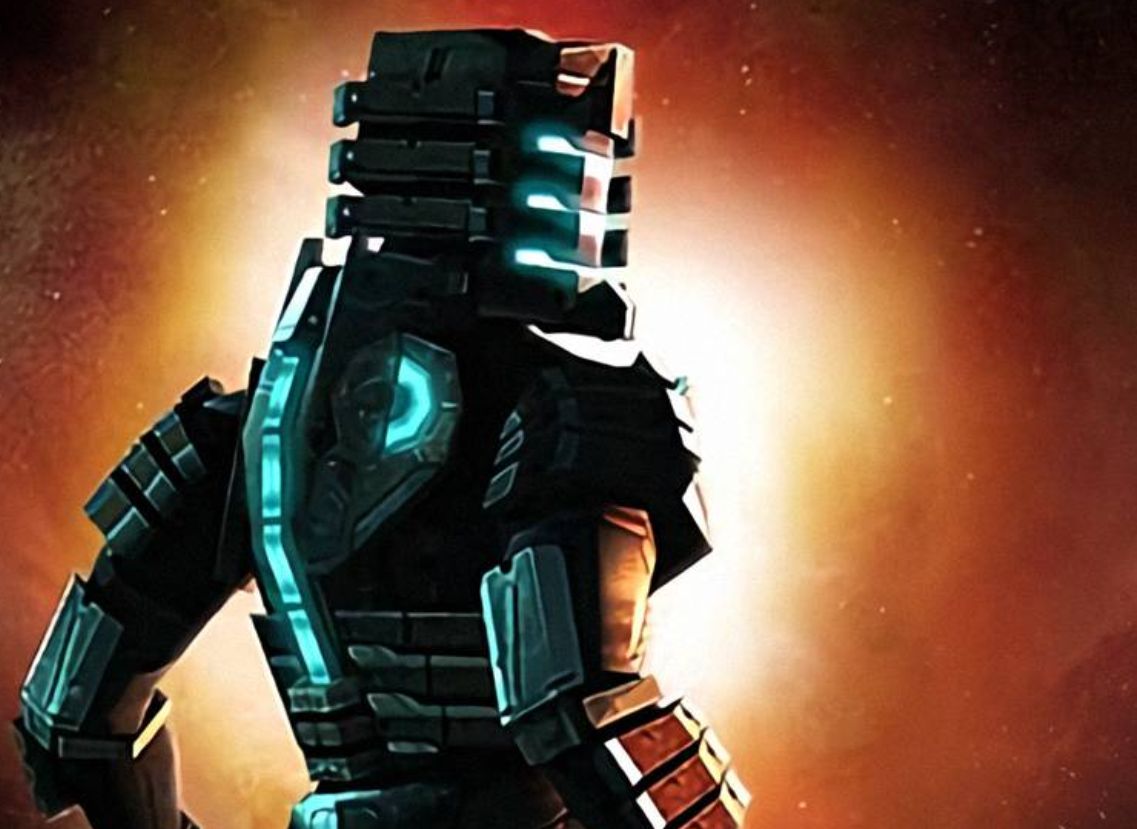
There were a fair few spin-offs of the Dead Space series, the first being the aforementioned Dead Space: Extraction.
The PlayStation 3 and Xbox 360 also saw Dead Space: Ignition, a puzzle action game which uses comic motion cutscenes and features minigame style gameplay.
There was also a Dead Space adaptation (although with a different story) for iOS, Blackberry 10, Xperia Play and Android. Despite slightly wonky touch controls, it worked very well and was well received. Sadly it was delisted from digital store fronts in 2017.
Several comics were produced, as well as a novel called Dead Space: Martyr. There were also two animated movies released that served as a prequel and sequel to the original Dead Space game called Downfall and Aftermath. Aftermath was seen as an improvement over Downfall, and both movies were praised for their animation.
The Future of Dead Space
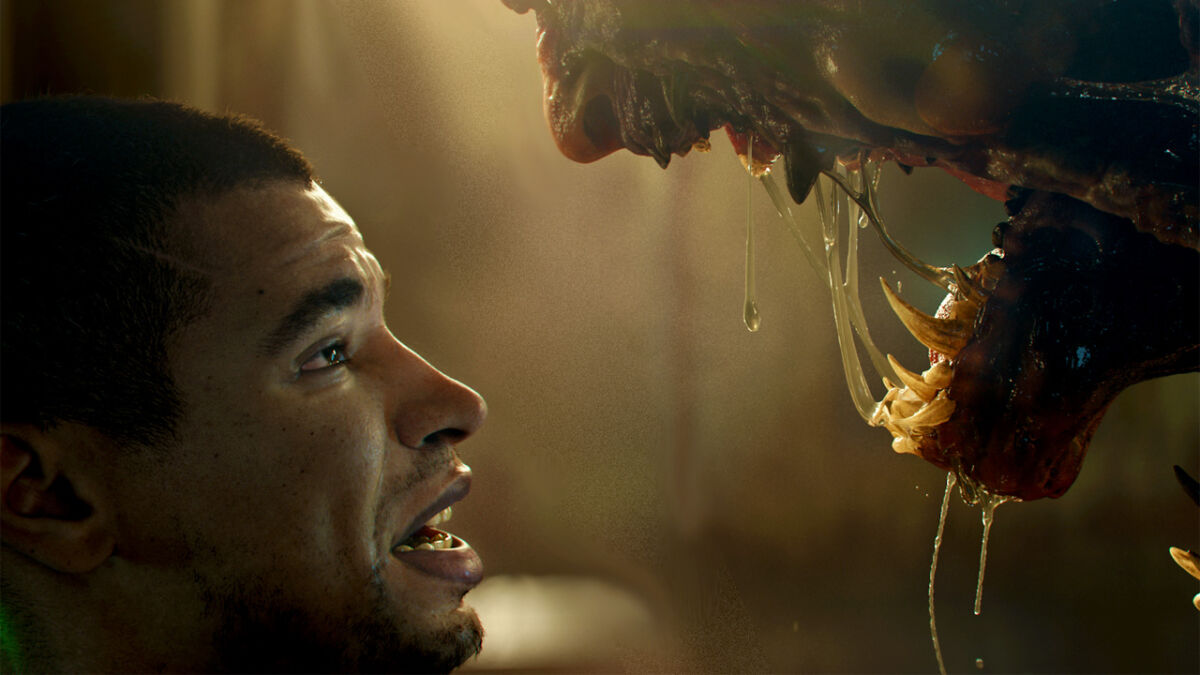
It cannot have escaped your attention that Electronic Arts have announced a Dead Space remake for PS5, Xbox Series, and PC, developed by Motive Studios. This could’ve been greenlit following the immense success Capcom has been having with their Resident Evil sequels and remakes. The game is due for release in 2022, and while it is a remake, the developers have said we can expect them to put their own spin on the classic.
But what’s that? Not happy with the original devs not being involved in the remake? Well, we’ve got you covered, as the original developers are working on a new sci-fi horror game called The Callisto Protocol, which looks a lot like a Dead Space spiritual successor. The game also, strangely enough, has links to the PlayerUnknown’s Battlegrounds universe. Not sure how that’ll work exactly, but there’s only one way to find out.
READ NEXT: The Wacky History Of WarioWare
Some of the coverage you find on Cultured Vultures contains affiliate links, which provide us with small commissions based on purchases made from visiting our site.
